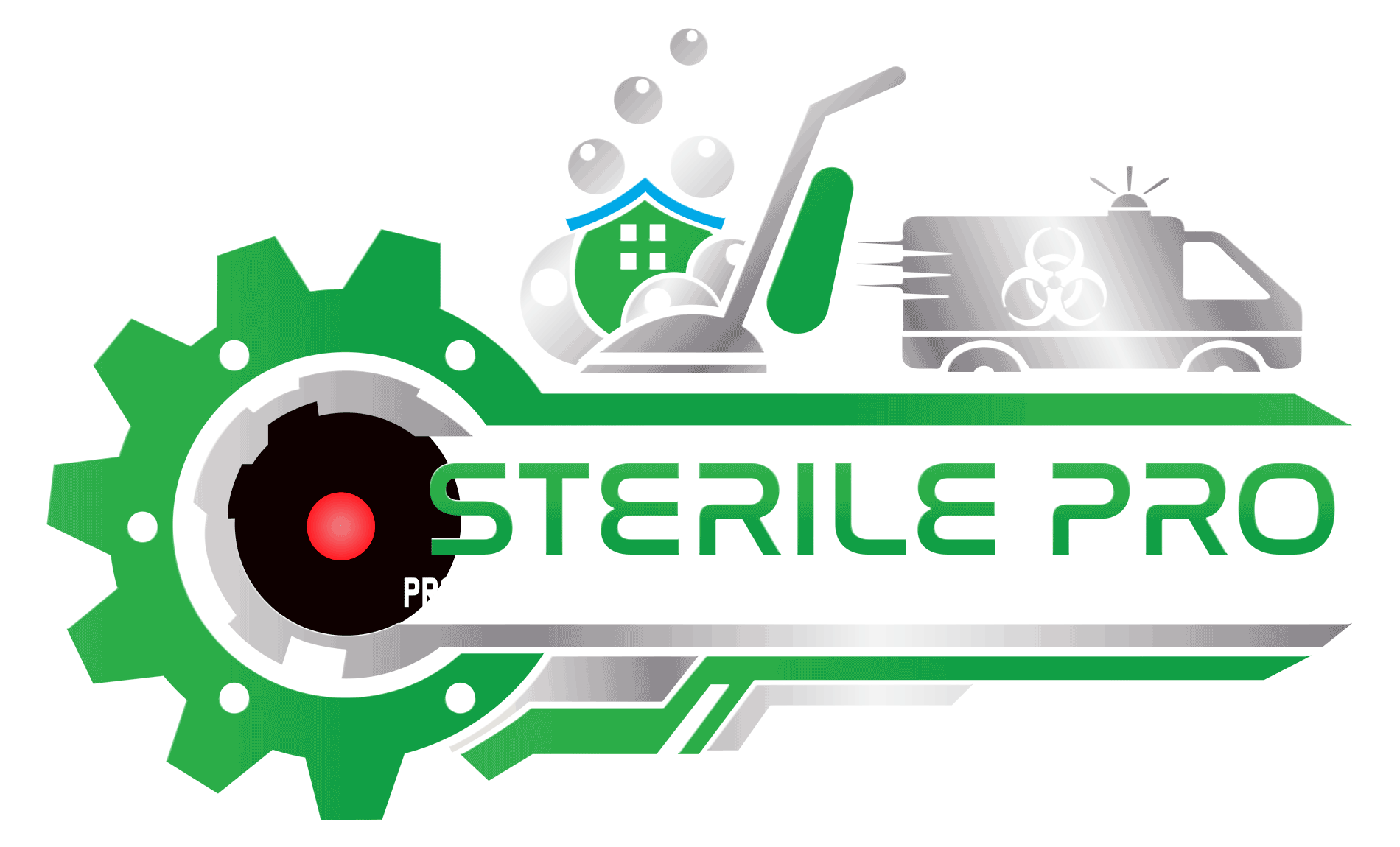The Clean Revolution: Essential Trends for Aspiring Sanitation Franchise Business Owners

In today’s rapidly evolving business landscape, one sector that stands out for its resilience and growth potential is the sanitation franchise industry. As concerns for hygiene and cleanliness continue to rise globally, driven by both health considerations and regulatory requirements, the demand for professional sanitation services has never been higher. For aspiring entrepreneurs looking to enter the franchise market, particularly in the sanitation sector, understanding the essential trends and dynamics is crucial.
The Sanitation Franchise Business Owners model offers a compelling opportunity, combining the proven success of franchising with the increasing need for specialized cleaning services across various sectors. Whether it’s healthcare facilities, educational institutions, commercial spaces, or residential complexes, the requirement for stringent sanitation standards is universal. This creates a fertile ground for franchise owners to establish thriving businesses by providing essential cleaning and disinfection services.
Key trends shaping the Sanitation Franchise Business Owners include technological advancements in cleaning equipment and methods, which enhance efficiency and effectiveness. From automated cleaning systems to eco-friendly products, franchises are adopting innovations that not only meet regulatory standards but also appeal to environmentally conscious consumers. Moreover, the emphasis on certification and compliance with health regulations ensures that franchise operations maintain high standards of service delivery, fostering trust and reliability among clients.
Another significant trend is the diversification of services offered by sanitation franchises. Beyond basic cleaning, many franchises now provide specialized services such as biohazard remediation, mold removal, and even COVID-19 disinfection protocols. This versatility not only broadens market reach but also positions franchise owners as comprehensive solution providers in the sanitation industry.
Furthermore, the economic resilience of sanitation franchises during global crises, such as pandemics, underscores their essential nature. Unlike many industries that faced downturns, sanitation services remained indispensable, highlighting the sector’s stability and potential for sustainable growth.
Aspiring Sanitation Franchise Business Owners entering this dynamic market should leverage these trends to not only meet current demands but also anticipate future needs. By staying abreast of technological advancements, regulatory changes, and consumer preferences, entrepreneurs can carve out a profitable niche in the evolving sanitation franchise landscape. This guide explores these trends in detail, offering insights and strategies to empower entrepreneurs on their journey towards owning a successful sanitation franchise business.
Understanding Market Dynamics and Growth Opportunities
The sanitation franchise industry is not only resilient but also expanding rapidly due to increasing awareness of hygiene standards across various sectors. This growth is driven by stringent regulatory requirements, heightened public health concerns, and a shift towards outsourcing cleaning services to specialized professionals. Entrepreneurs entering this market benefit from a robust demand for reliable, high-quality sanitation solutions. Understanding the market dynamics is essential for aspiring franchise owners to capitalize on these opportunities effectively.
Regulatory Compliance and Industry Standards
One of the foundational aspects of operating a sanitation franchise is adherence to regulatory compliance and industry standards. Health and safety regulations mandate specific cleanliness levels in different environments, from healthcare facilities to food service establishments. Franchises must not only meet but exceed these standards to build trust with clients and ensure legal compliance. Investing in training programs and certifications for staff members becomes crucial in maintaining operational excellence and staying ahead in a competitive market.
Technological Innovations in Sanitation Services
The integration of advanced technologies is revolutionizing the sanitation franchise industry. Innovations such as robotic cleaners, electrostatic sprayers for disinfection, and IoT-enabled monitoring systems enhance efficiency and efficacy in cleaning operations. These technologies not only streamline processes but also improve service outcomes, providing franchise owners with a competitive edge. Embracing technological advancements allows franchises to deliver superior results while optimizing resource utilization and reducing operational costs over the long term.
Eco-Friendly Practices and Sustainability Initiatives
With increasing awareness of environmental sustainability, sanitation franchises are increasingly adopting eco-friendly practices and products. Biodegradable cleaning agents, energy-efficient equipment, and sustainable waste management practices are becoming standard in the industry. Customers, particularly in corporate and institutional settings, prioritize environmentally responsible service providers. Franchises that demonstrate a commitment to sustainability not only attract environmentally conscious clients but also contribute positively to their brand reputation and corporate social responsibility initiatives.
Specialized Services and Niche Markets
Beyond traditional cleaning services, sanitation franchises are diversifying into specialized areas to cater to niche markets. Biohazard cleanup, mold remediation, and disaster recovery services are in high demand, especially in regions prone to natural disasters or industrial accidents. By offering specialized services, franchises can differentiate themselves in a crowded market and tap into lucrative segments that require expert-level cleaning solutions. This strategic diversification enhances revenue streams and positions franchises as comprehensive sanitation solution providers.
Healthcare Sector: A Lucrative Market Segment
The healthcare sector represents a significant growth opportunity for sanitation franchises. Hospitals, clinics, and medical offices require stringent cleaning protocols to maintain patient safety and regulatory compliance. Franchises that specialize in healthcare cleaning not only adhere to strict industry standards but also understand the unique challenges of infection control and sanitation in medical environments. Building partnerships with healthcare facilities establishes long-term, recurring revenue streams and enhances the franchise’s reputation as a trusted healthcare service provider.
Educational Institutions and Commercial Spaces
Educational institutions and commercial spaces are other key markets for sanitation franchises. Schools and universities prioritize cleanliness to prevent the spread of illnesses among students and staff. Similarly, commercial offices, retail establishments, and hospitality venues require regular cleaning and disinfection to create a safe and welcoming environment for employees and customers. Franchises that cater to these sectors benefit from steady demand and opportunities for contract-based services, ensuring consistent revenue growth and business stability.
Residential Cleaning Services: Meeting Consumer Expectations
The residential cleaning segment offers franchises the opportunity to serve individual homeowners and property management companies. With busy lifestyles and increased focus on home hygiene, consumers are outsourcing their cleaning needs to professional services. Franchises that offer customizable cleaning plans, reliable scheduling, and personalized service experiences can build strong customer loyalty and generate recurring business. Additionally, leveraging digital platforms for booking and customer engagement enhances convenience and accessibility, further boosting customer satisfaction and retention rates.
Financial Considerations and Investment Potential
Launching a sanitation franchise requires careful financial planning and investment. Franchise fees, equipment purchases, initial marketing costs, and operational expenses must be factored into the budget. Franchisors typically provide support in site selection, training, and ongoing operational guidance, which helps mitigate risks associated with business startup and management. Financial projections should account for both initial investments and expected returns, considering factors such as market demand, competitive landscape, and local economic conditions. Securing financing through loans or investor partnerships may be necessary to fund startup costs and ensure smooth business operations during the initial phases.
Training and Support from Franchisors
Successful franchise operations hinge on comprehensive training and ongoing support from franchisors. Training programs cover essential aspects such as cleaning techniques, safety protocols, customer service standards, and business management practices. Franchisors also offer operational support, marketing strategies, and access to proprietary technology platforms that streamline administrative tasks and optimize service delivery. This support framework empowers franchise owners to focus on business growth and client satisfaction while leveraging the established brand reputation and operational expertise of the franchise network.
Building a Strong Brand Presence and Customer Relationships
Establishing a strong brand presence is crucial for attracting and retaining clients in the competitive sanitation franchise market. Effective branding strategies include creating a distinctive brand identity, communicating core values such as reliability and professionalism, and differentiating the franchise from competitors. Digital marketing initiatives, including website optimization, social media engagement, and online reviews, enhance visibility and credibility among target audiences. Building positive customer relationships through exceptional service quality, responsiveness, and proactive communication fosters loyalty and encourages referrals, driving sustained business growth and profitability.
Conclusion
The Sanitation Franchise Business presents abundant opportunities for aspiring entrepreneurs seeking a stable and profitable business venture. By understanding market trends, embracing technological innovations, diversifying service offerings, and prioritizing customer satisfaction, franchise owners can position themselves for success in a growing market driven by hygiene awareness and regulatory compliance. With robust support from franchisors and a commitment to operational excellence, Sanitation Franchise Business can thrive, expand their market reach, and contribute positively to community health and safety standards.
“For more information please click on this link“



